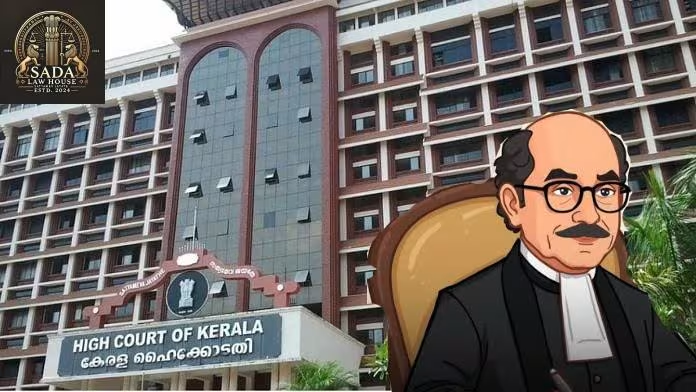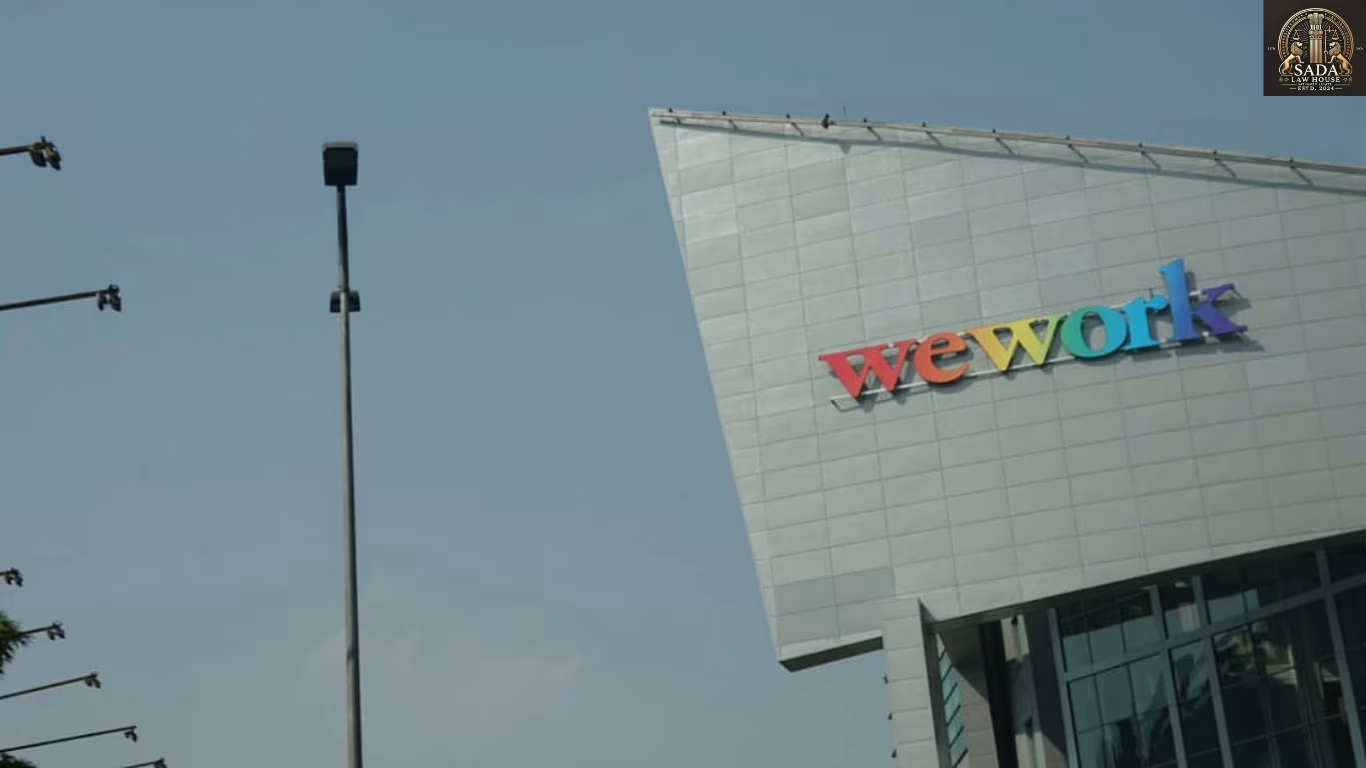Kerala HC Judge Questions Division Bench Interference; Refers Issue to Larger Bench
- Palak Singla
- 07 October 2025

Introduction
A Single Judge of the Kerala High Court, Justice Mohammed Nias C.P., has expressed serious concern over what he termed as repeated interference by Division Benches in his interim orders. He observed that such interventions risk undermining judicial discipline and the finality of interim directions issued by Single Judges.
Background
The issue emerged in connection with a SARFAESI recovery case involving M/s Grids Engineers and Contractors and the Union Bank of India. Justice Nias had earlier passed interim orders in the matter, which were later twice interfered with by a Division Bench of the same court.
Key Developments
Justice Nias questioned whether intra-court appeals against interim orders are legally maintainable under Section 5 of the Kerala High Court Act.
He stated that repeated interventions could set a troubling precedent, affecting the independence and authority of Single Judges.
To resolve the issue, he has referred the question to a Larger Bench, seeking a definitive interpretation of the scope and limits of appellate jurisdiction within the High Court.
Issues
Judicial Discipline: Whether Division Benches can overrule or modify interim orders without hearing the full matter.
Appellate Scope: The extent to which intra-court appeals under the Kerala High Court Act permit interference with Single Judge orders.
Institutional Consistency: Ensuring uniformity and respect for judicial hierarchy within the High Court’s functioning.
Current Status
The Larger Bench of the Kerala High Court will soon examine the matter to determine the extent of Division Bench powers concerning Single Judge interim orders. The decision is expected to provide clarity on internal appellate procedures and reinforce judicial discipline within the court.
Conclusion
The reference made by Justice Nias could become a significant precedent in defining the limits of intra-court appeals and maintaining judicial order within the High Court system. The forthcoming judgment will likely influence procedural conduct and case management in future High Court proceedings.
Live Cases





